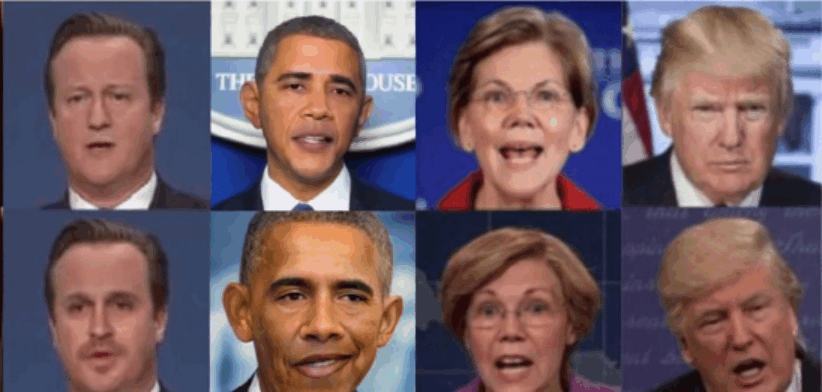South-East Queensland researchers will be monitoring heartrates and tracking eye movements to protect society’s most vulnerable from fake online content.
The University of the Sunshine Coast (UniSC) is leading a national research project to identify those most susceptible to believing and sharing political deepfake videos.
Project lead Associate Professor Renee Barnes said as artificial intelligence evolved deepfakes and misleading digitally created content had become increasingly difficult for people to distinguish from reality, impacting national security, elections and trust in media.
“Artificial Intelligence (AI) has enabled the mass creation of these videos that are at the leading edge of video-based disinformation,” Dr Barnes said.
“As we’ve seen in the US elections, they have the potential to impact Australian electoral outcomes and political processes if left unchecked,” she said.
“To have any chance of disrupting mass spreading of political deepfake videos and protecting those most vulnerable to deception, we need to better understand how people behave and react to them.”
Dr Barnes said the research would explore individual motivations and behaviours, down to heartrates and eye movement, to identify which sectors of the community were more likely to believe and share deepfake content.
“Sometimes people know they’re fake, but share them anyway and that’s something we need to better understand. We also want to know what motivates those who demonstrate pro-social behaviour, such as fact-checking and reporting these videos,” she said.
“By building a profile of the demographic, cognitive, emotional and relational factors that make certain groups more vulnerable to deepfakes, we can inform practical interventions, such as education and technological tools, to protect people from deception.”
Dr Barnes said other members of the three-year research project were UniSC Associate Professor Rory Mulcahy, Dr Aimee Riedel, from Griffith University, and Swinburne University’s Dr Lucas Whittaker.








